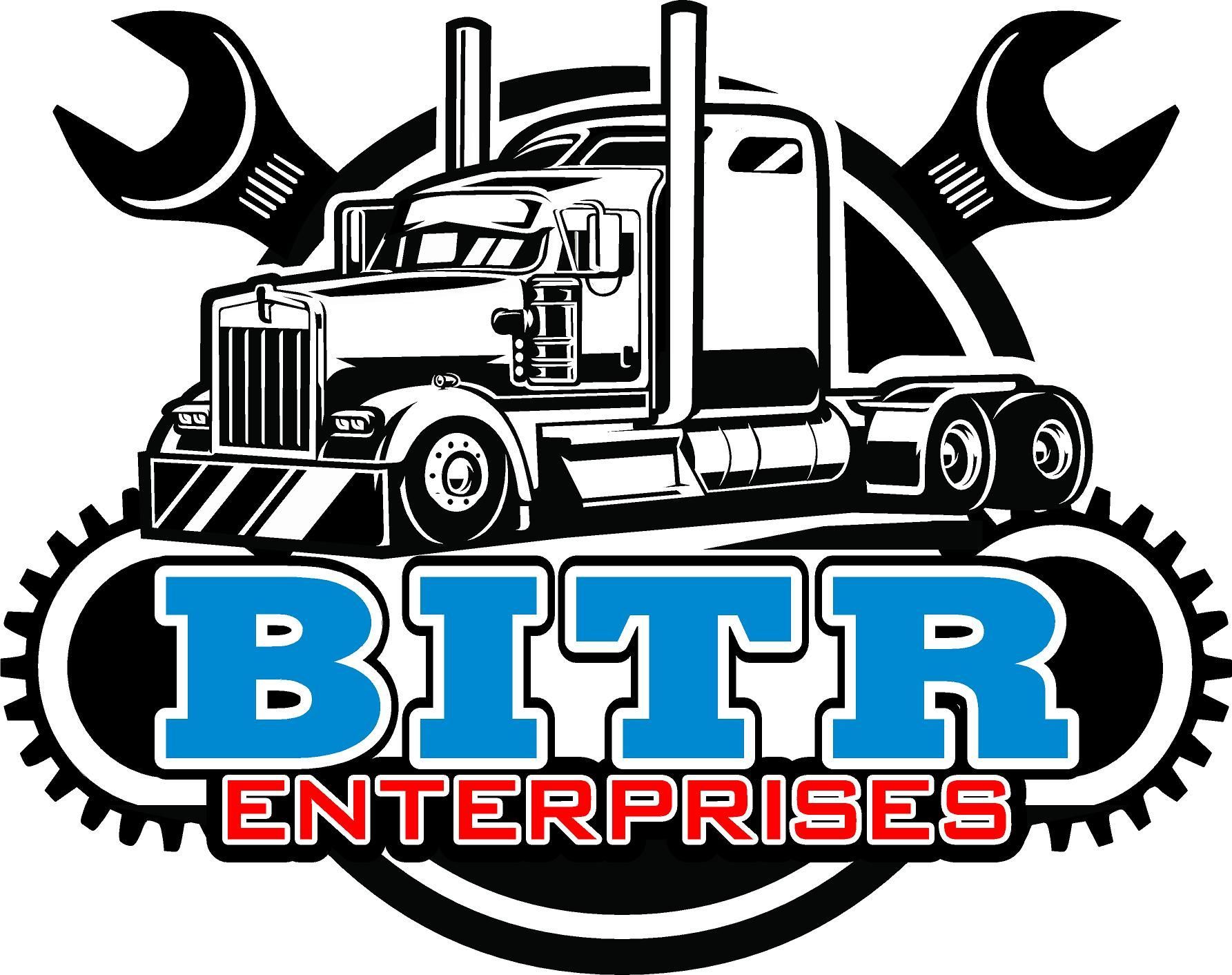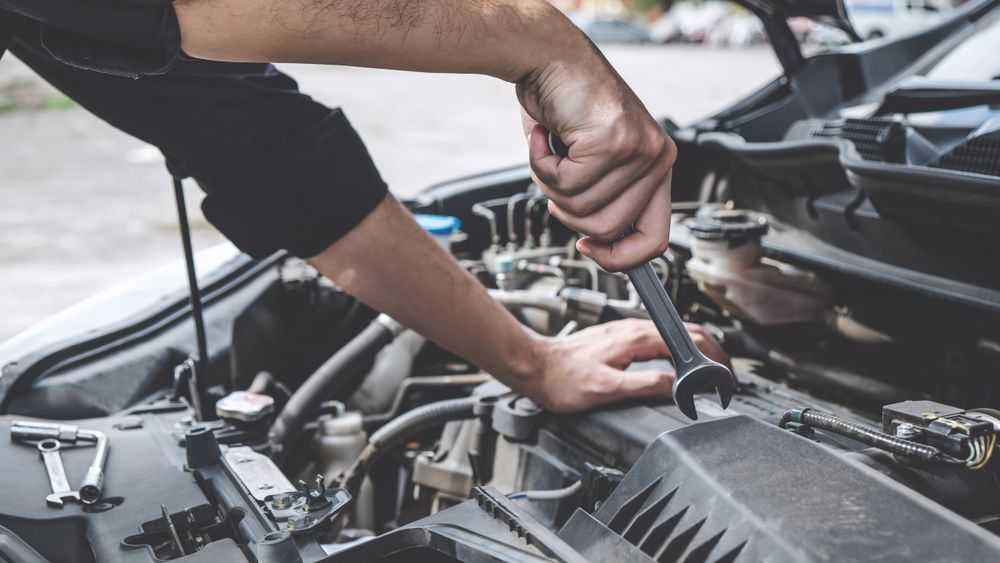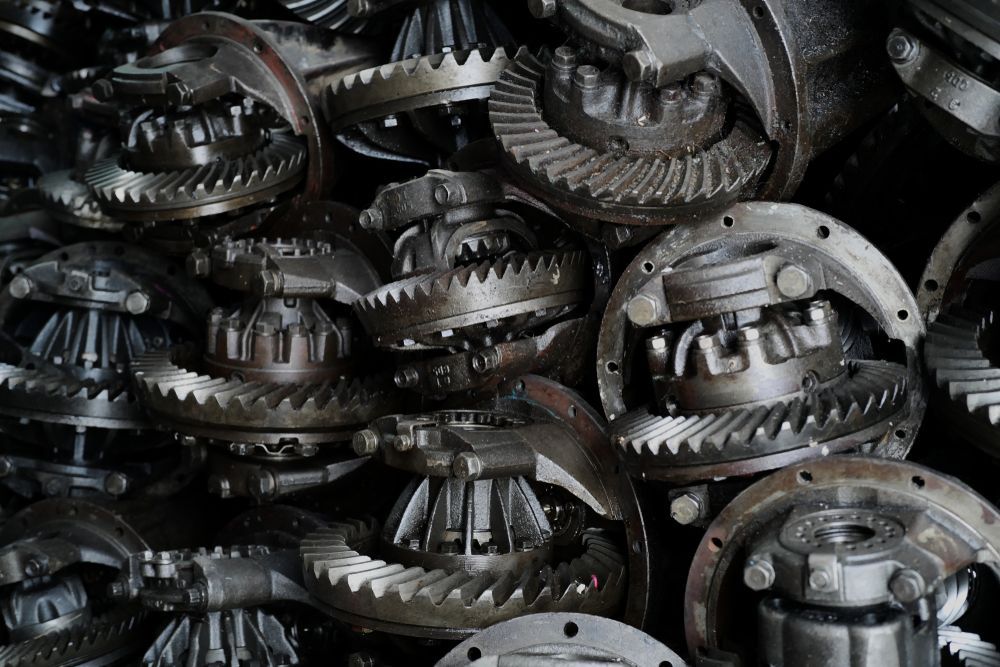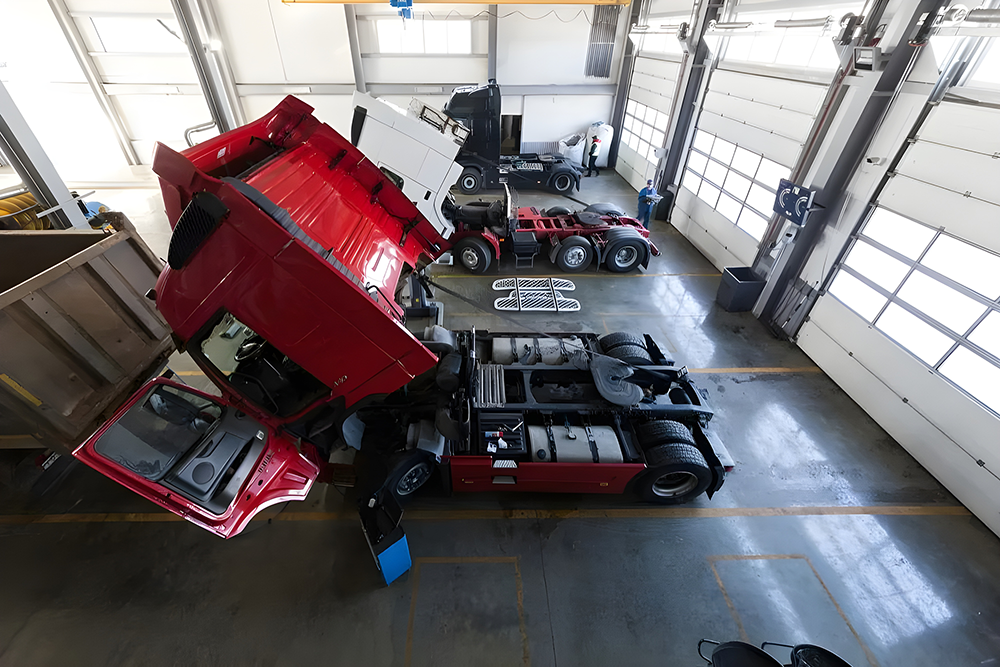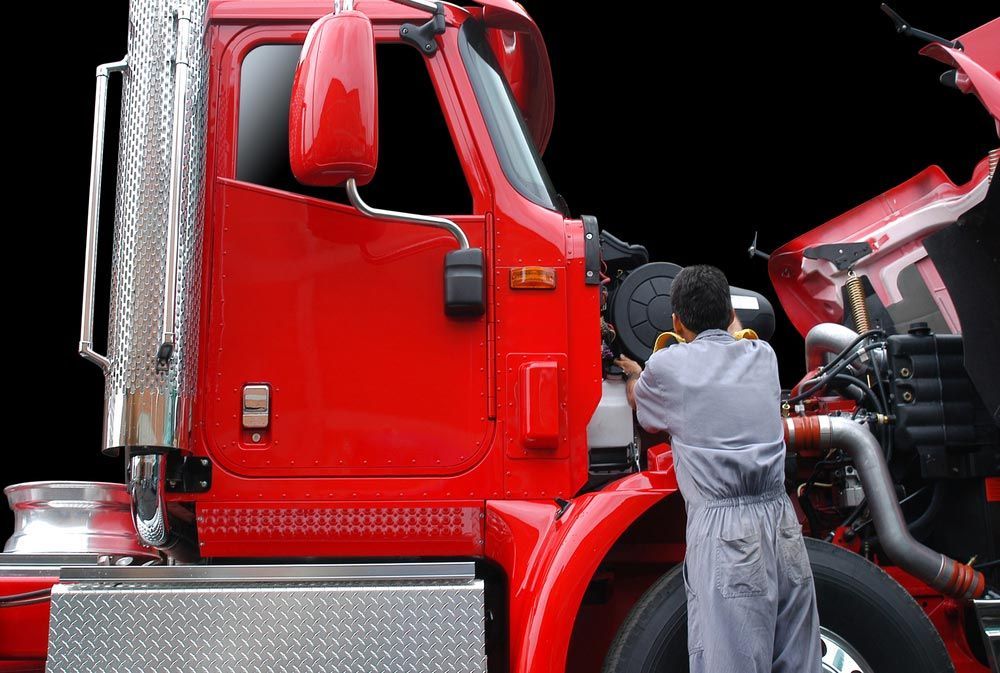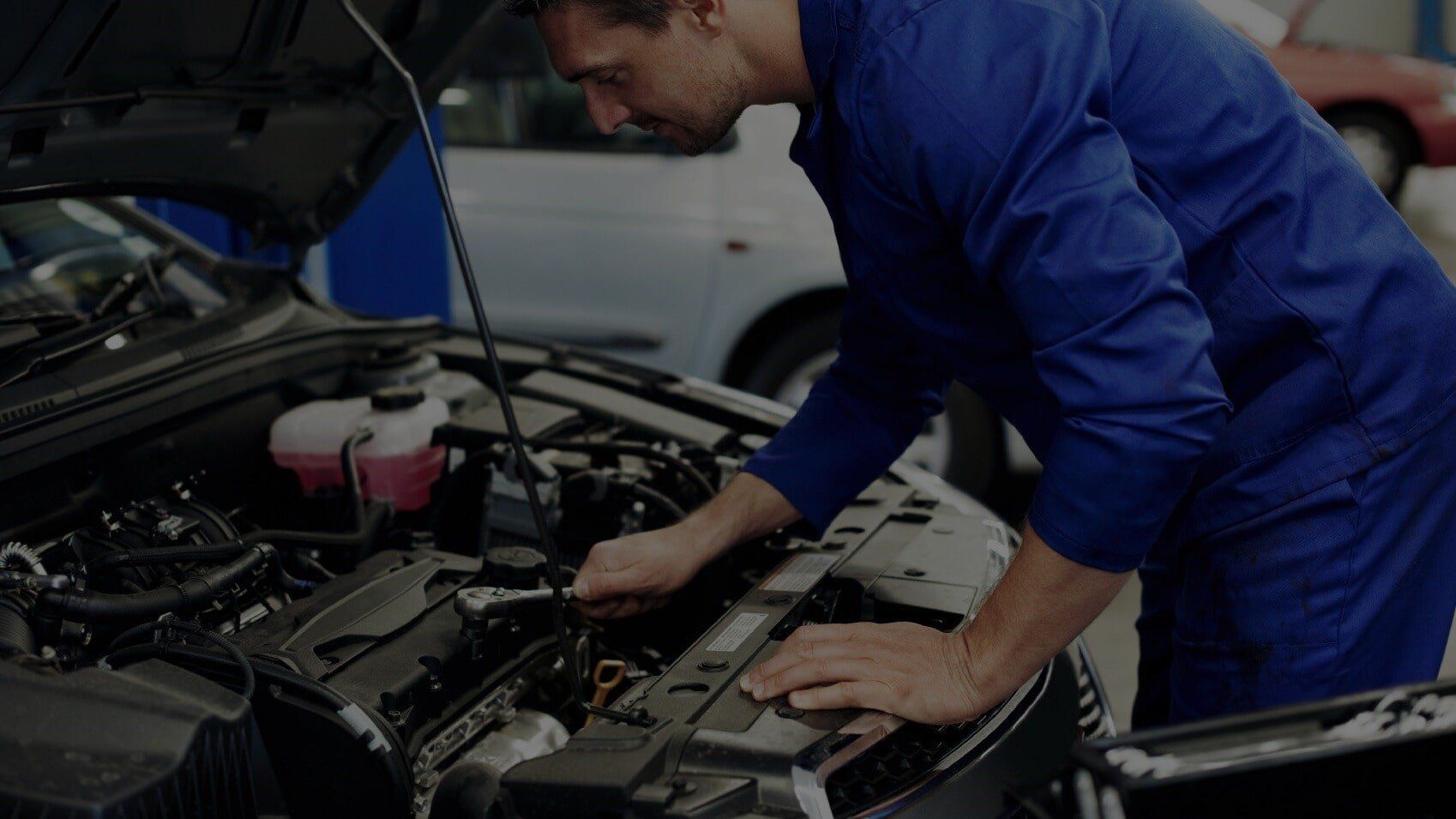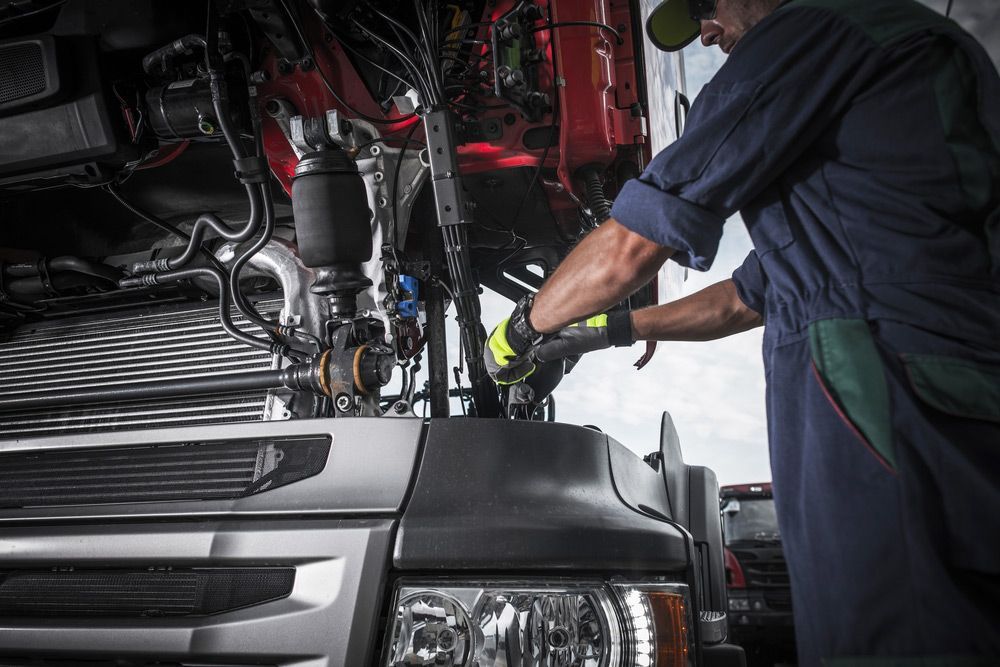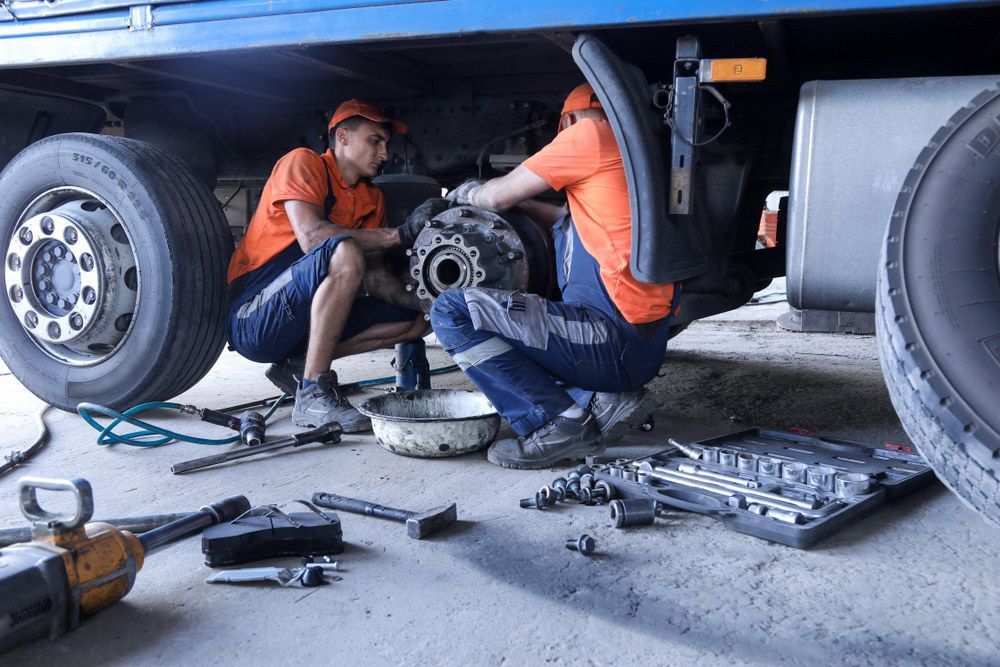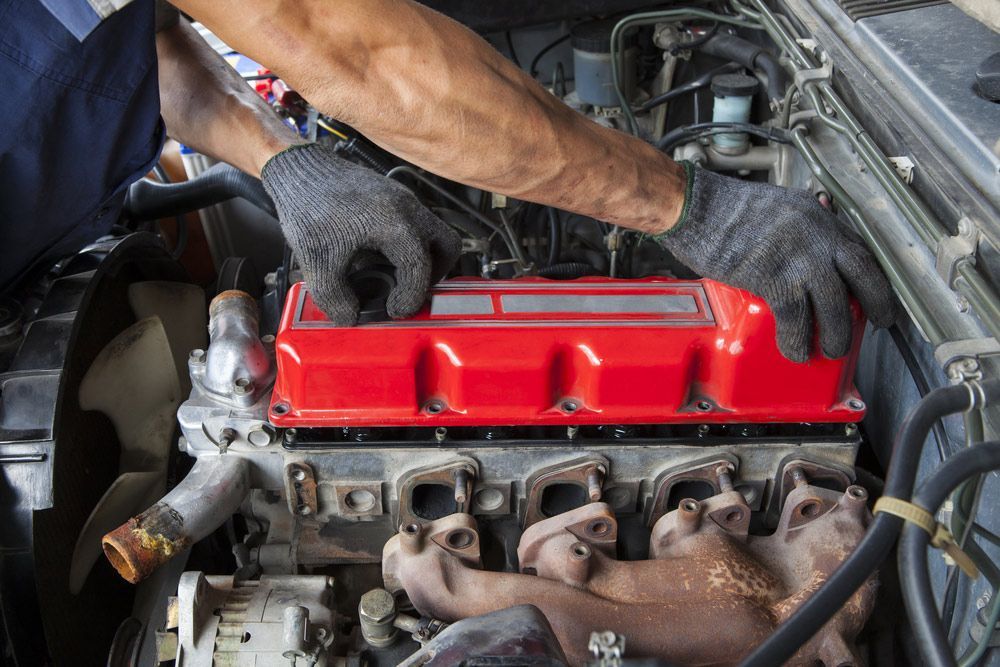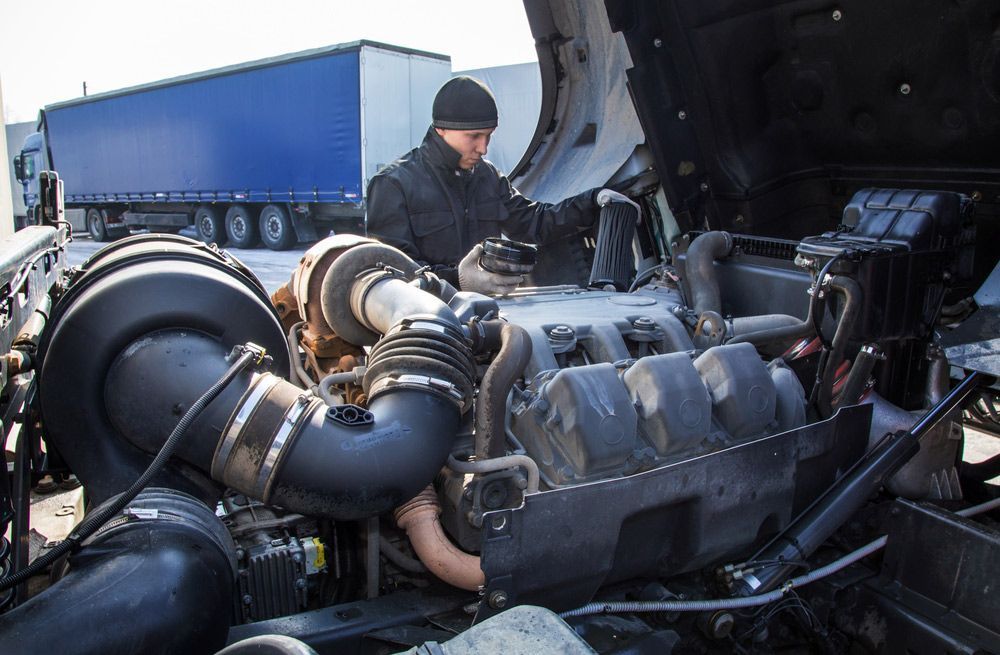How To Tell If Your Clutch Needs Repair Or Replacement
A truck’s clutch is a fundamental component of its drivetrain, allowing for seamless gear shifts and efficient power transmission. Over time, wear and tear can damage the clutch system, leading to performance issues that, if left unchecked, could result in costly repairs or even complete failure.
Knowing when to replace the clutch helps prevent breakdowns and transmission damage, ensuring your truck runs efficiently. In this blog, we’ll explore the key indicators that signal a clutch needs repair or replacement, helping you take proactive measures before it’s too late.
Difficulty in Shifting Gears
If changing gears has become a struggle, your clutch might be worn or misaligned. A properly functioning clutch allows smooth transitions, but stiffness, resistance, or grinding noises are red flags.
Common Causes of Gear Shifting Issues:
- Worn-out clutch plate – The friction material wears down over time, making it harder for the clutch to engage and disengage properly.
- Hydraulic fluid leaks – If the hydraulic fluid level drops due to leaks, it can reduce clutch pressure, making shifting more difficult.
- Misadjusted clutch pedal: If the clutch pedal does not fully disengage, it can cause rough shifting and excessive wear.
Struggling to shift gears increases wear on the transmission, leading to more extensive and costly repairs.
Slipping Clutch – Loss of Power
A slipping clutch is one of the most common signs of a failing clutch system. This issue arises when the engine revs increase without a proportional gain in speed, causing poor acceleration and fuel inefficiency.
Signs of a Slipping Clutch:
- Unusual RPM spikes – The engine revs unexpectedly when accelerating, especially when climbing hills or towing heavy loads.
- Poor response from the throttle – The truck struggles to gain speed even when pressing the accelerator.
- Burning smell – The excessive friction from a slipping clutch generates a noticeable burning odour.
A slipping clutch reduces power transmission, making it harder for the truck to carry heavy loads efficiently.
Unusual Noises When Pressing the Clutch Pedal
A healthy clutch operates smoothly and quietly. Any abnormal sounds when engaging or disengaging the clutch often indicate wear or internal damage.
Types of Clutch-Related Noises:
- Squealing or chirping sounds – This often points to a worn-out release bearing.
- Grinding noises – This could indicate damaged clutch components or a faulty synchroniser in the transmission.
- Clicking or rattling sounds – This might be due to a broken clutch fork or misaligned components.
Ignoring these sounds can lead to more significant mechanical failures, affecting the transmission and flywheel.
Soft or Spongy Clutch Pedal
If your clutch pedal feels too soft or sinks to the floor with minimal resistance, you may have a hydraulic system issue or air trapped in the system.
Common Causes of a Soft Clutch Pedal:
- Air in the hydraulic lines – This reduces the pressure needed for proper clutch engagement.
- Leaking master or slave cylinder – Loss of hydraulic pressure prevents the clutch from disengaging properly.
- Worn-out clutch linkage – Can cause inconsistent pedal resistance.
A failing clutch pedal can compromise vehicle control, making it harder to shift gears smoothly.
Burning Smell from Under the Hood
A strong burning smell while driving, especially in stop-and-go traffic or when hauling heavy loads, is often caused by excessive clutch friction. This indicates that the clutch components are overheating, which can accelerate wear and lead to failure.
What Causes a Burning Clutch Smell?
- Slipping clutch – If the clutch struggles to engage, it generates excess heat, leading to burning odours.
- Riding the clutch – Keeping your foot on the clutch pedal for too long increases wear and heat buildup.
- Leaking hydraulic fluid – Hydraulic leaks near hot components can produce a burning smell.
A burning clutch smell should not be ignored, as it usually signals imminent clutch failure.
Vibrations or Shuddering When Releasing the Clutch
A properly functioning clutch should engage smoothly and transfer power seamlessly. If your truck shudders or vibrates when releasing the clutch pedal, it indicates an underlying mechanical issue that could worsen over time.
Potential Causes of Clutch Shuddering:
- Glazed clutch disc – Excessive heat causes the clutch disc to lose its friction, reducing grip.
- Warped flywheel – Uneven surfaces lead to inconsistent clutch engagement.
- Oil or grease contamination – Leaks from the engine or transmission can coat the clutch disc, causing slippage.
A shuddering clutch reduces driving comfort and efficiency, making it harder to operate the vehicle smoothly.
High Clutch Engagement Point
If your clutch engages at the top of the pedal’s travel, it strongly indicates that it’s worn out and needs replacement. A high engagement point means the clutch components are not providing sufficient pressure, reducing efficiency and increasing wear on the transmission.
Reasons for a High Engagement Point:
- Thinning clutch plate – As the friction material wears down, the clutch engages higher on the pedal.
- Misadjusted clutch linkage – Incorrect settings can lead to improper engagement.
- Hydraulic system issues – Problems with the master or slave cylinder can affect clutch operation.
A high engagement point suggests your clutch is near the end of its lifespan, requiring immediate attention.
Why Timely Clutch Repairs Matter
Addressing clutch problems early can prevent more serious damage to your truck’s transmission system. Regular maintenance and inspections ensure your vehicle runs efficiently and safely, reducing the risk of unexpected breakdowns.
Key Benefits of Timely Clutch Repairs:
- Prevents costly transmission damage – A failing clutch puts extra strain on the gearbox.
- Enhances fuel efficiency – A properly working clutch improves fuel economy.
- Increases vehicle safety – Sudden clutch failure can lead to accidents, especially on highways.
- Reduces downtime – Timely repairs keep your truck on the road, avoiding costly delays in operations.
If you suspect clutch issues, it’s crucial to get your truck inspected by professionals before minor problems escalate into major mechanical failures.
Rely on Us for Expert Clutch Repairs in Illawarra
At BITR Enterprises, we focus on clutch and brake repairs for trucks of all sizes, ensuring they remain roadworthy and reliable. If you notice difficulty shifting gears, clutch slippage, burning smells, or strange noises, our expert mechanics can diagnose and resolve the issue before it leads to a breakdown.
Ignoring clutch problems can lead to costly transmission repairs and unexpected breakdowns. Don’t wait until it’s too late—book an inspection with us today! Keep your truck performing at its best with professional clutch maintenance and repairs.
